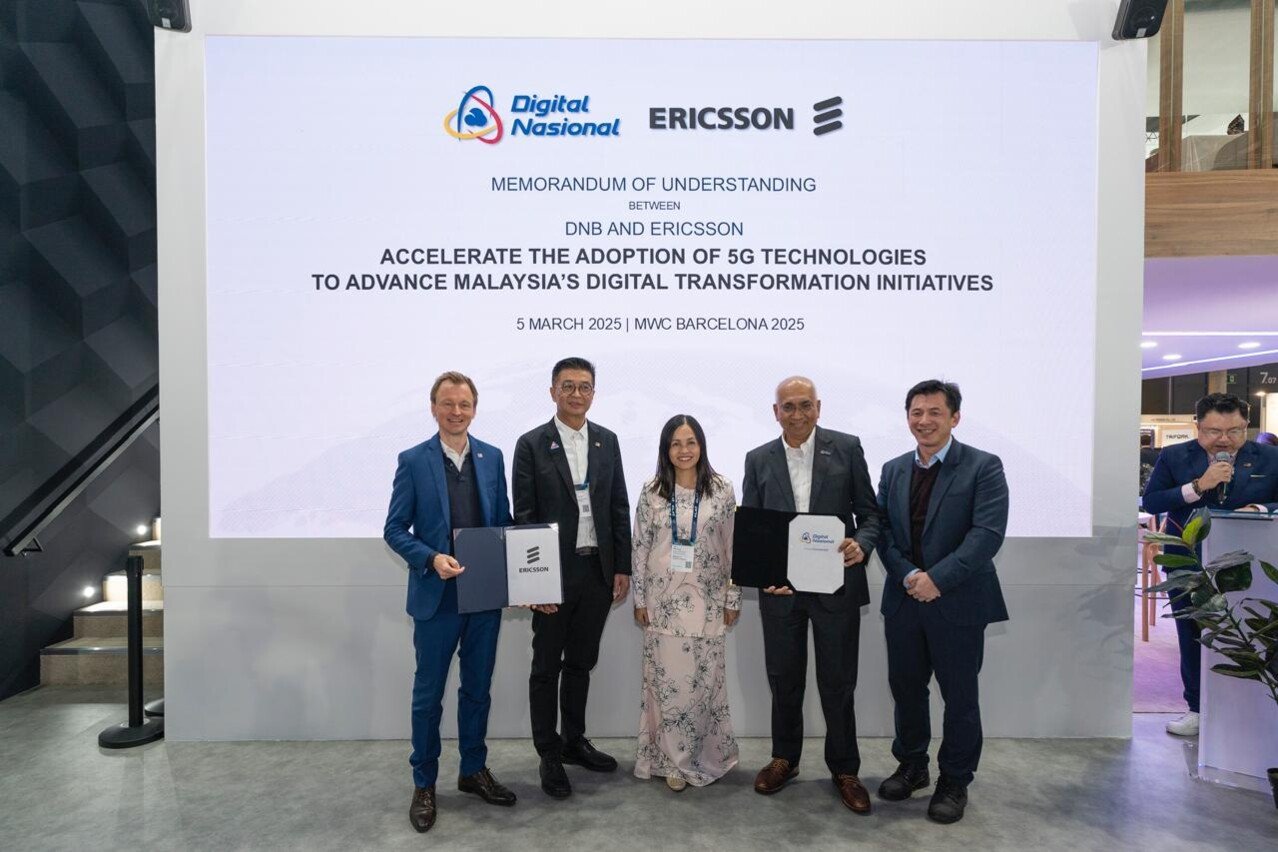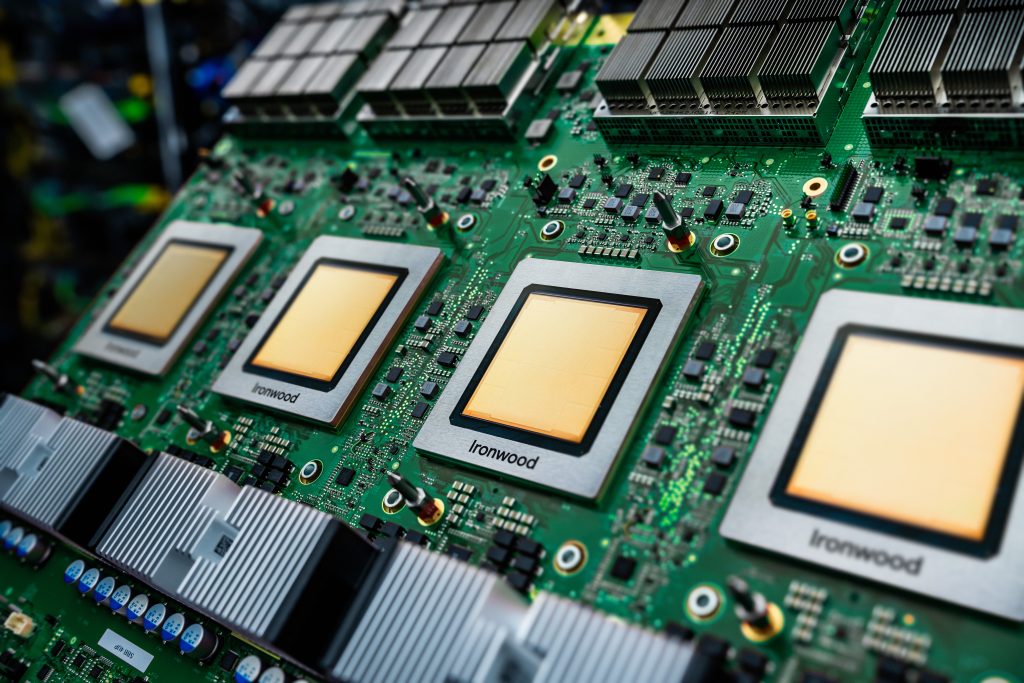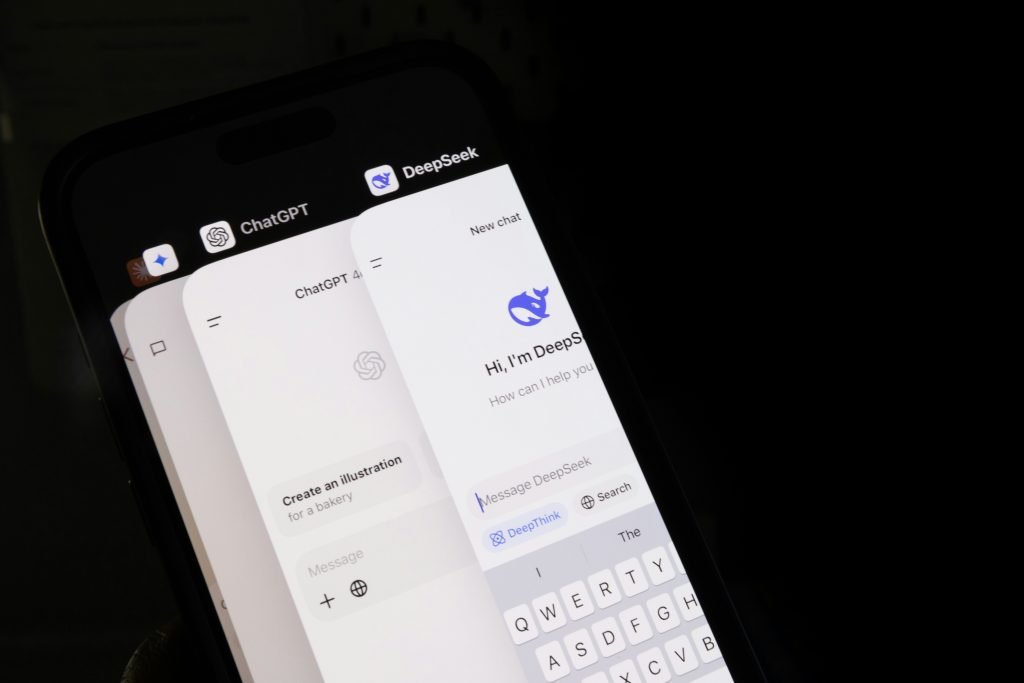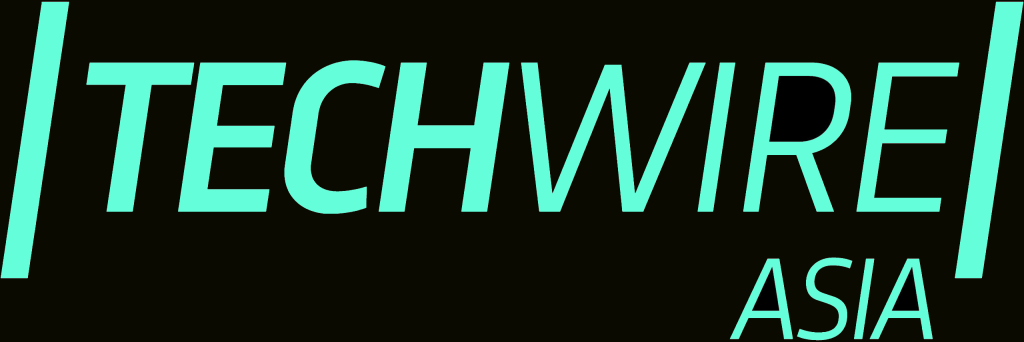- DNB and Ericsson’s partnership places Malaysia as a frontrunner in 5G Advanced deployment.
- Enterprises could replace traditional wi-fi with 5G-powered workspace network infrastructure.
Malaysia’s 5G Advanced rollout has moved forward, as Digital Nasional Berhad (DNB) and Ericsson announce a new partnership.
The collaboration was announced during Mobile World Congress (MWC) 2025, and aims to implement 5G Advanced technologies across industrial zones and introduce what the companies describe as the “world’s first 5G-powered mobile workspace solution.” The partnership centres on two initiatives: a 5G Advanced deployment to enhance industrial connectivity across Malaysia, and a 5G-powered mobile workspace solution that is designed to replace traditional wi-fi in enterprise environments.
Positioning Malaysia as a 5G global frontrunner
Datuk Azman Ismail, CEO of DNB, highlighted the significance of this collaboration. “By combining DNB’s expertise in 5G deployment with Ericsson’s global leadership in connectivity, we are strengthening Malaysia’s position as a digital economy leader, powering innovation across key sectors like manufacturing, healthcare, and agriculture,” he said.
The partnership’s core focus areas include:
- Accelerating enterprise digitalisation: Expanding 5G connectivity in strategic industrial zones and collaborating with mobile network operators to deliver connectivity services.
- Driving IoT and wearables innovation: Using Reduced Capability (RedCap) technologies to enable connectivity for industrial automation and smart devices.
- Co-creating future-ready solutions: Using DNB’s 5G Advanced network as an platform to develop applications with solution providers, developers, and academic institutions.
- Advancing sustainability: Integrating AI-powered energy optimisation tools to maximise efficiency and reduce environmental impact, in support of Malaysia’s journey net-zero emission goals.
- Strengthening network security: Implementing security measures to help safeguard Malaysia’s digital infrastructure against cyber threats.
- Expanding global API ecosystem: Integrating with a worldwide Application Programming Interface network.
DNB implements a 5G-based office network solution
In a separate announcement during MWC 2025, DNB said it has begun deploying Ericsson’s Enterprise Virtual Cellular Network (EVCN) at its Kuala Lumpur headquarters. The companies claim this is the first instance of a complete “5G-first” office environment, replacing existing wi-fi with cellular technology. Instead of using standard wi-fi infrastructure, DNB’s headquarters now connects devices through 5G cellular networks. The system integrates with Microsoft Intune and Entra ID to manage the 5G-enabled client hardware throughout the organisation.
The change brings several advantages over traditional enterprise networking solutions:
- Security and control: 5G infrastructure eliminates extant and future wi-fi vulnerabilities, and gives administrators greater control over devices’ connections.
- Operational efficiency and cost savings: Simplified network management and large-scale device setup reduce the need for legacy infrastructure, cutting costs.
- Mobility and user experience: Employees get consistent experiences on their 5G-enabled devices, in the office or working remotely.
“By integrating Ericsson’s Enterprise Virtual Cellular Network with DNB’s nationwide 5G infrastructure, we are empowering organisations to move beyond traditional IT models and embrace a new era of cloud-native, secure, and scalable solutions,” David Hagerbro, Head of Ericsson Malaysia, Sri Lanka and Bangladesh said.
Implications of Malaysia’s 5G Advanced rollout
Malaysia’s implementation of 5G-A systems represents an early test case worth monitoring. While DNB and Ericsson have outlined ambitious plans, the accurate measure of success will be in practical adoption rates, measurable efficiency improvements, and the results of cost-benefit analysis by early adopters.
Key questions remain about how widely these solutions will be adopted beyond initial deployments:
- Will the promised security benefits outweigh the costs of transitioning from established WiFi infrastructure?
- Can the system scale effectively in different enterprises with varying technical requirements?
- Will the everyday experience of workers and businesses show meaningful improvements over current connectivity solutions?
The coming months will likely reveal whether Malaysia’s approach to 5G Advanced implementation offers a viable model for other countries or whether adjustments will be needed as real-world applications expose unforeseen challenges. Technology observers across Southeast Asia will be watching to see if the technology delivers on its potential.

